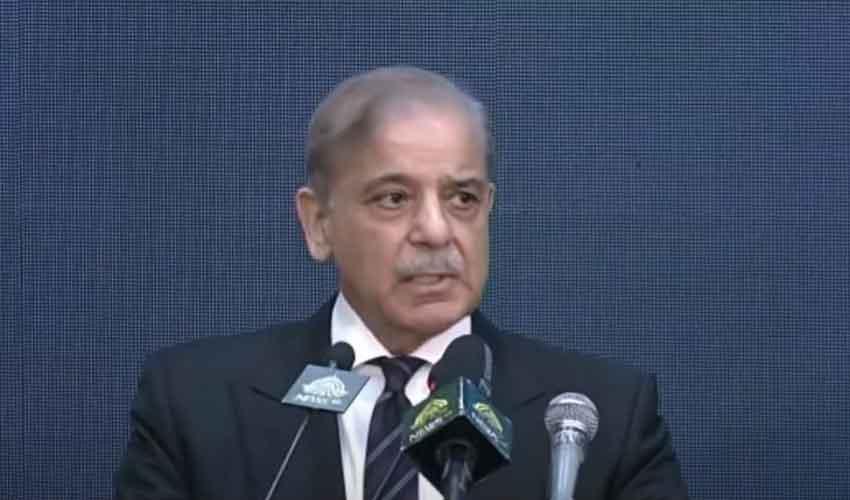In an important ruling, the Supreme Court of Pakistan (SC) on Friday stated that the power of Parliament to legislate is confined to the limits set forth by the Constitution.
The 41-page judgment, authored by Justice Mansoor Ali Shah in a tax-related case, underscores that while Article 142 grants legislative authority to both Parliament and Provincial Assemblies, this power is bound by the Constitution’s explicit limitations.
The judgment makes it clear that legislation can only occur within the boundaries of the Constitution. Specifically, it highlights that legislative actions cannot abolish the rights enshrined in Articles 9 to 28 of the Constitution.
Furthermore, Article 12 prohibits the retroactive application of laws in criminal cases, limiting such retroactivity to cases involving constitutional violations.
The court also ruled that neither Parliament nor the Provincial Assemblies have the authority to retroactively apply civil laws.
The judgment stresses that citizens base their actions on the laws currently in effect, and applying future laws to past actions could unjustly affect their rights. The decision warns against reopening cases that have already been settled under previous laws.
The Supreme Court’s decision further states that any amendment to the law is effectively a repeal of existing provisions and that such amendments cannot invalidate rights that have already been granted.
In this case, the Supreme Court overturned a ruling by the Sindh High Court and partially upheld the appeals of private companies, reinforcing the principle that legislative actions must respect the constitutional rights of citizens.



























